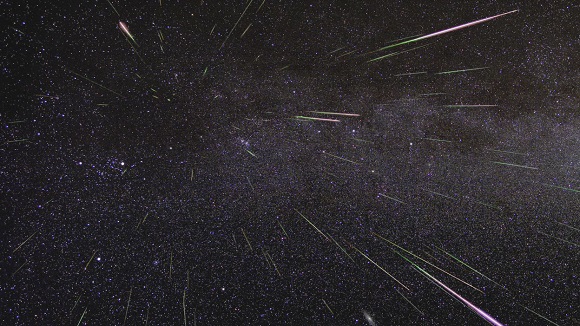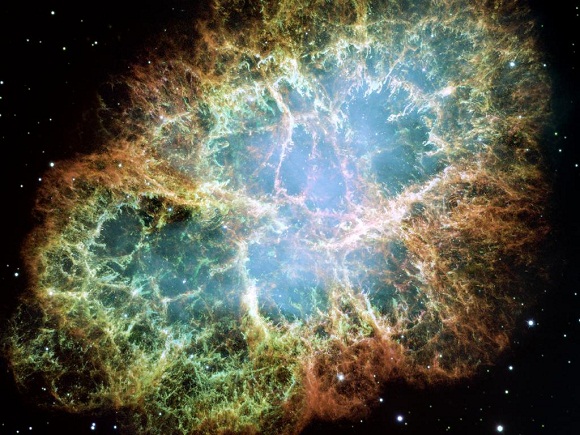Celebrating Black Hole Week with a Spotlight on a Research Paper
Black holes are kind of scary. Think about an invisible pitfall that swallows everything that gets close. Even light, the fastest thing in the universe, can’t escape them! From a scientist’s point of view, however, black holes are kind of cool. Their extreme nature makes them a very interesting thing Read more

























